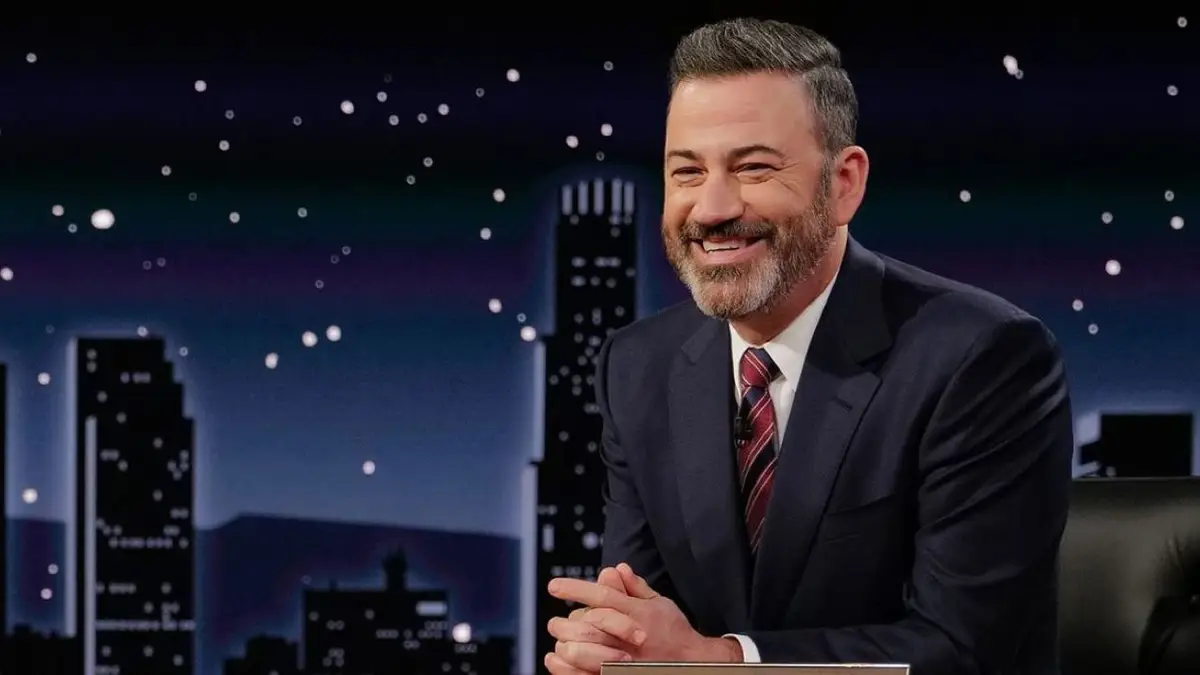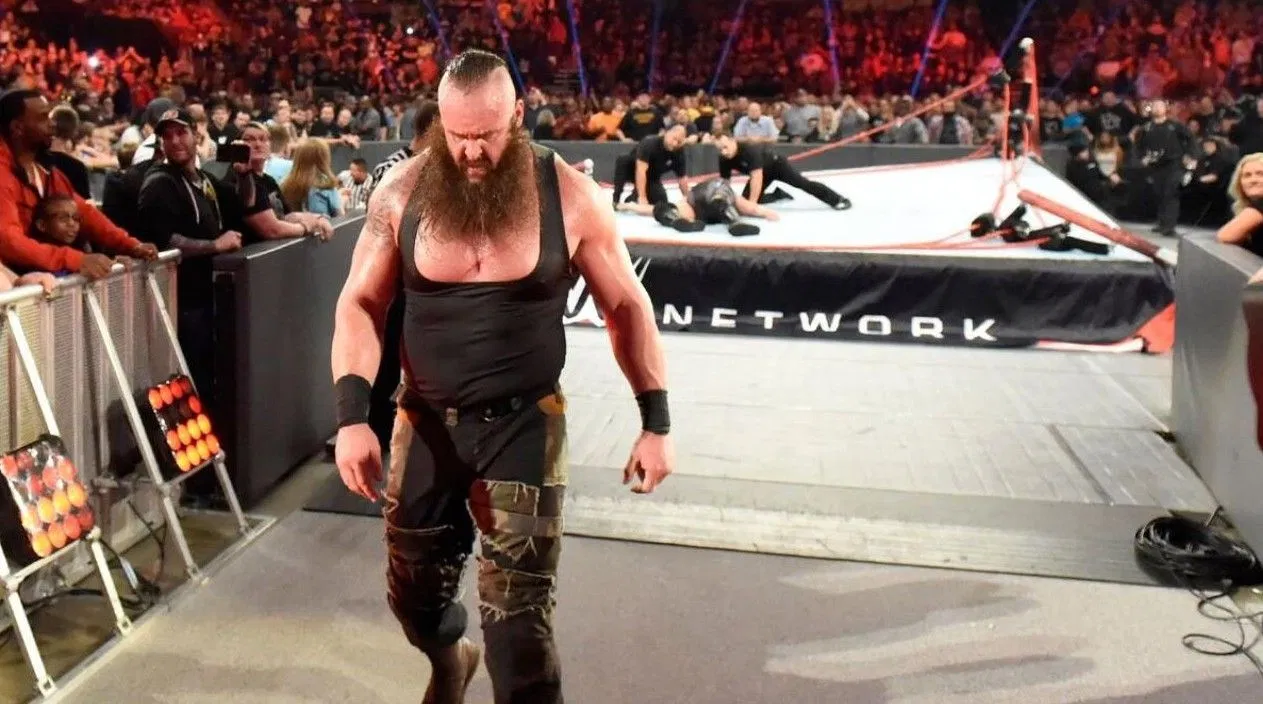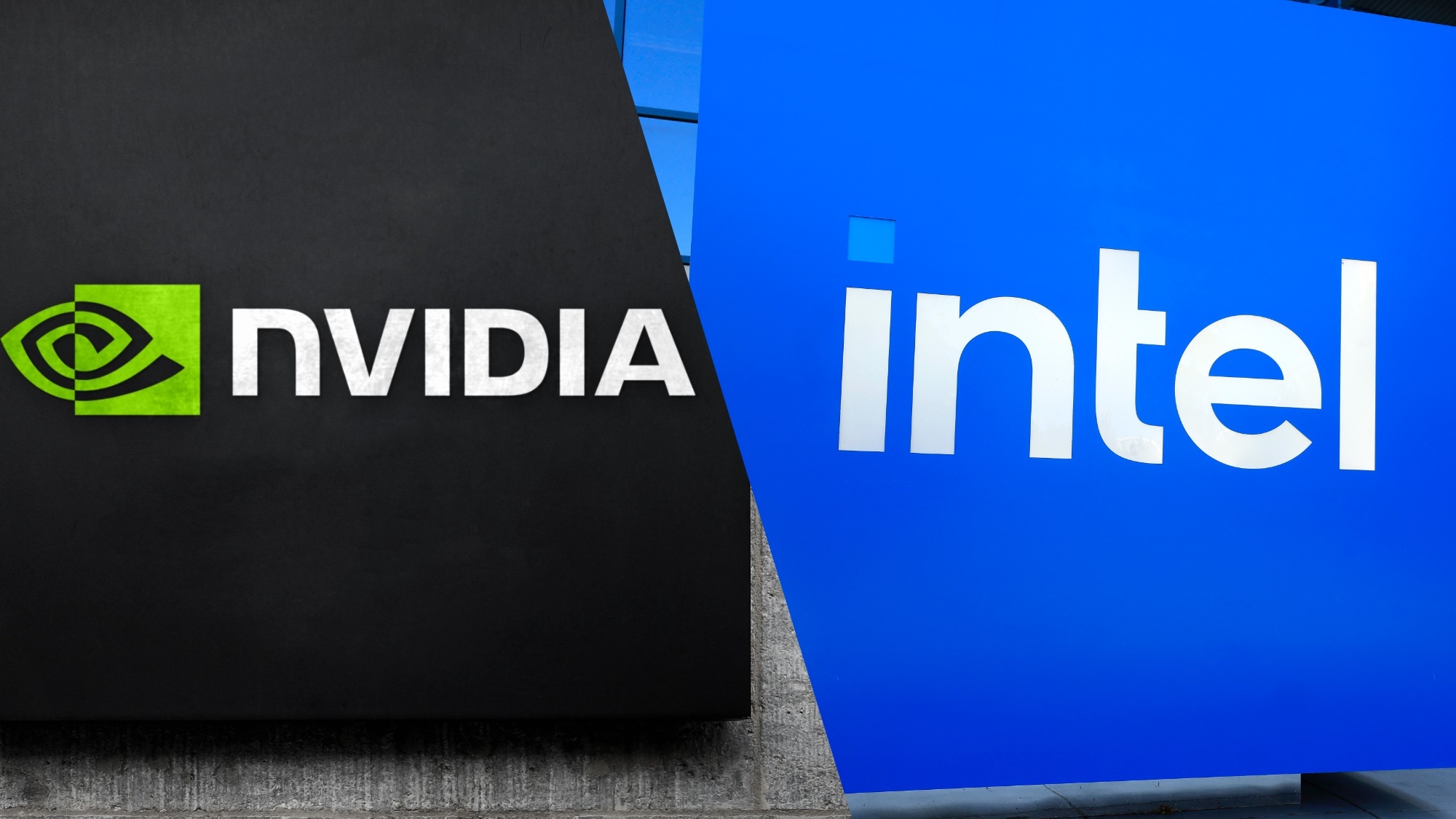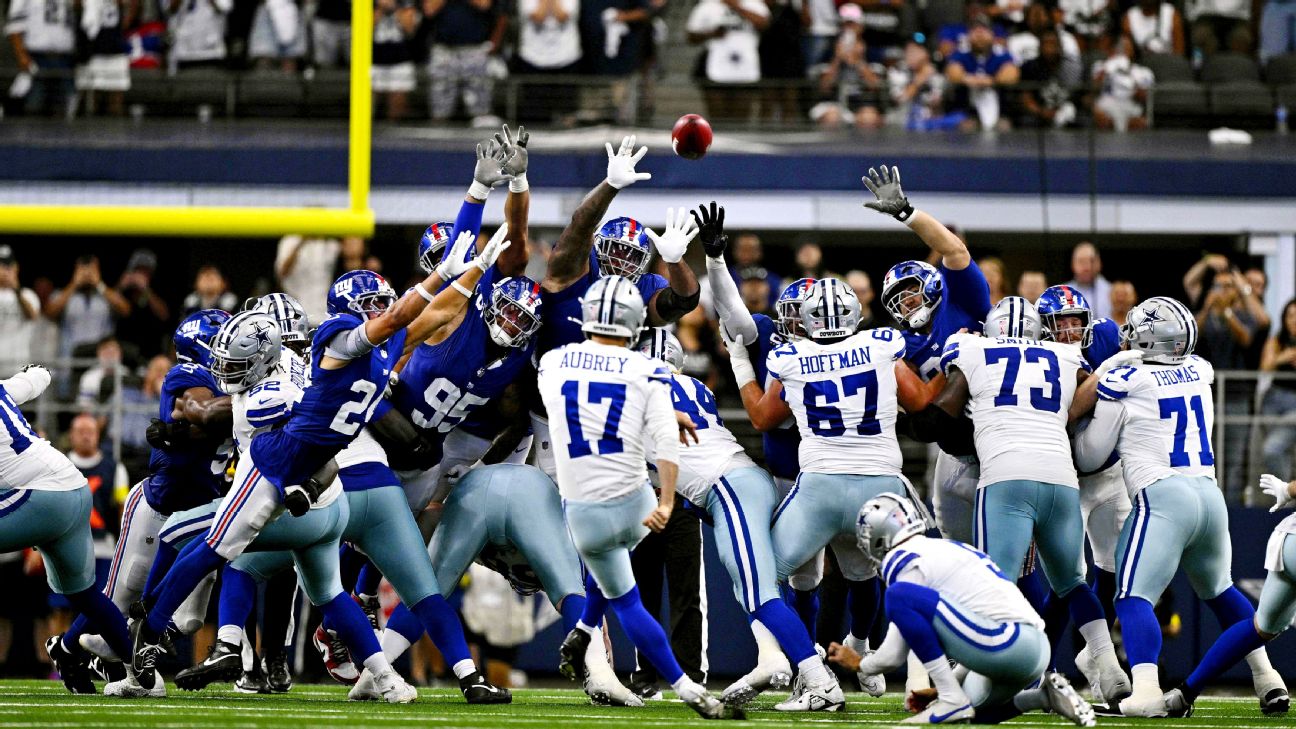
In the aftermath of far-right nationalist podcaster Charlie Kirk being shot and killed at a campus event at Utah Valley University on September 10th, it’s not an exaggeration to say the reactions to it from the media and government alike have been outsized. Now, the decision by Disney to suspend Jimmy Kimmel Live! indefinitely in response to that pressure has created its own building backlash.
Media companies, in particular, have bent over backward to cull anything other than state-approved sympathy among their ranks in the wake of the Kirk shooting. As such, Jimmy Kimmel was abruptly pulled off the air indefinitely earlier this week following a monologue joke that prompted threats from Donald Trump-appointed FCC chair Brendan Carr on Wednesday.
In the interest of providing full context, this is the part of his monologue that got Kimmel pulled off the air, which you can judge for yourself:
The response to Jimmy Kimmel’s cancellation has been swift and severe. Critics of Disney’s decision have pointed out that, despite the suspension being framed as a response to what Kimmel said about Charlie Kirk, he barely spoke about Kirk in the monologue. Instead, they’ve argued, the real problem appears to be that Kimmel spent most of his time trolling Trump’s self-centered reaction to the murder of a man he once claimed was a good friend.
To a growing number of people, the Trump administration’s pressure has crossed constitutional boundaries. Disney’s decision to cave to that pressure has free speech advocates and constitutional scholars rightly fearing that Jimmy Kimmel won’t be the last late-night talk show host or media personality to become a sacrificial pawn by companies looking to curry favor with Trump’s FCC.
Jimmy Kimmel’s Abrupt Cancellation Is Being Called Censorship
To understand why Kimmel was pulled off the air for the monologue, it’s important to understand the context surrounding it. What’s not being explained from some corners of the internet is that, currently, the two largest owners and operators of local affiliate TV stations, including dozens of ABC stations across the country, are Sinclair Broadcasting and Nexstar Media Group.
And right now, both Sinclair and Nexstar are in the process of exploring huge merger deals – deals for which they must get the approval of the FCC and its chair, the aforementioned Brendan Carr. Nexstar wants to buy Tegna, another local TV operator, while Sinclair announced it was considering various “acquisitions, strategic partnerships, and business combinations.” (via Business Insider)
Unlike other government positions, the FCC chair is appointed by the President, and, since retaking office, Donald Trump has not been shy about the fact that he views Carr as his personal attack dog and that he wants to use the FCC to punish those he sees as his enemies – namely, those who make jokes at his expense. In particular, Trump has harbored a long-standing animosity towards Jimmy Kimmel, one of his most consistent critics, for years.
On July 18, in the wake of Stephen Colbert’s cancellation, Trump made no bones about who he was gunning for next: “I hear Jimmy Kimmel is next. Has even less talent than Colbert!” he posted on Truth Social. It’s unsurprising, then, that on Wednesday, Carr went on the podcast of far-right talking head Benny Johnson and said that Kimmel should be suspended, couching it with a threat: “We can do this the easy way or the hard way.” (via The Guardian)
Kimmel was pulled off the air on Wednesday night. Later that night, Trump once again took to his Truth Social platform, this time to take aim at remaining late-night hosts Seth Meyers and Jimmy Fallon, suggesting they should be fired next:
“Great News for America: The ratings challenged Jimmy Kimmel Show is CANCELLED. Congratulations to ABC for finally having the courage to do what had to be done,” Trump wrote. “Kimmel has ZERO talent, and worse ratings than even Colbert, if that’s possible. That leaves Jimmy and Seth, two total losers, on Fake News NBC. Their ratings are also horrible. Do it NBC!!! President DJT”
On Thursday, Trump spoke to reporters on Air Force One and said that late-night talk show hosts aren’t allowed to mock him,* framing it as an implicit threat: “All they do is hit Trump. They’re licensed. They’re not allowed to do that.” Earlier in the same trip, Trump suggested that “maybe their license should be taken away,” referring to any network that isn’t entirely positive about him (via Newsweek).
*It must be noted here that this is exactly what the First Amendment of the Constitution is meant to ensure: that the free speech of individuals criticizing the government is protected from retaliation by that same government.
It’s more than fair to argue that Jimmy Kimmel’s show being abruptly pulled from the air is a case of censorship in response to government pressure. It’s telling that neither ABC nor Disney has tried to deny this is the reason, or frame it as a financial decision. It’s even more telling that Donald Trump has been open about the fact that this isn’t about Kirk, but about exacting retribution against his critics.
The Late Show With Stephen Colbert Being Cancelled Has Set An Optics Precedent
In truth, there was never not going to be backlash to Disney’s decision to pull Kimmel, but recent events have primed the situation to be even more volatile. In July, CBS and Paramount announced that they would not be renewing Stephen Colbert’s contract, and The Late Show would come to a permanent end in May 2026, when Colbert’s contract expires.
The backlash to that was swift and severe. Just two weeks prior, Colbert’s parent company, CBS, paid out a whopping $16 million settlement with Donald Trump to end his frivolous defamation lawsuit against them. Colbert was sharply critical of CBS’ decision to cave to Trump in his own monologue. Shortly thereafter, he announced that CBS had opted not to renew his contract, and the show would end in May of next year.
Speculation ran rampant that CBS decided to cancel Colbert’s show due to his criticism of them and of Trump. It was also noted that Paramount was pursuing a merger with Skydance, which would require approval from the FCC. On their end, CBS has claimed that Colbert’s cancellation has nothing to do with his outspoken criticism of Trump or with the Skydance merger, but that declining ad revenue and his large staff made the long-running late-night show too expensive to continue.
The damage was already done, however, and by the time CBS scrambled to put out its explanation for the decision not to renew the beloved comedian’s contract, it had already lost the public relations war. Optics are what optics are, and the backlash to the cancellation of Stephen Colbert has only grown in the months after. It culminated with Stephen Colbert getting a standing ovation at this year’s Emmys, held just this past Sunday.



